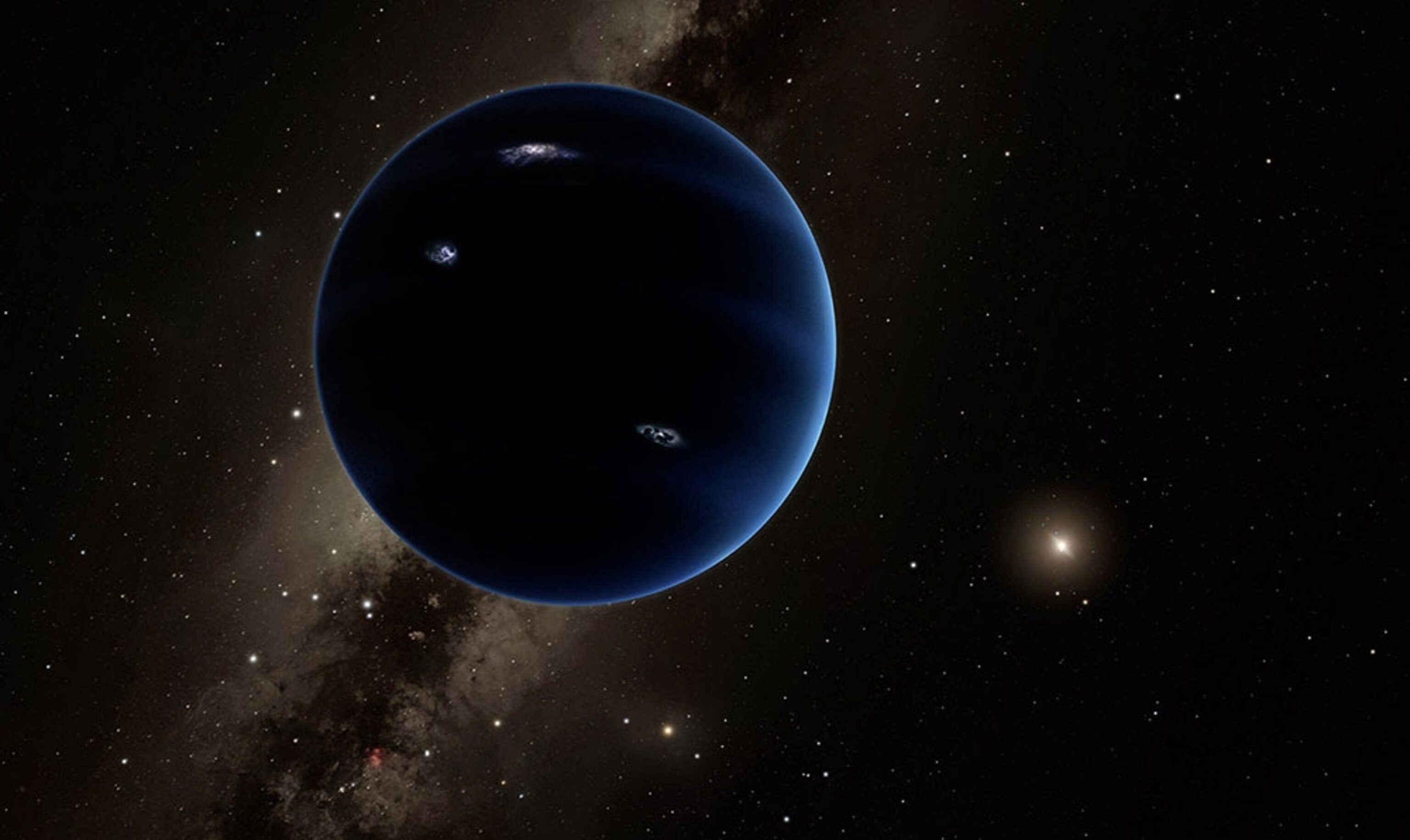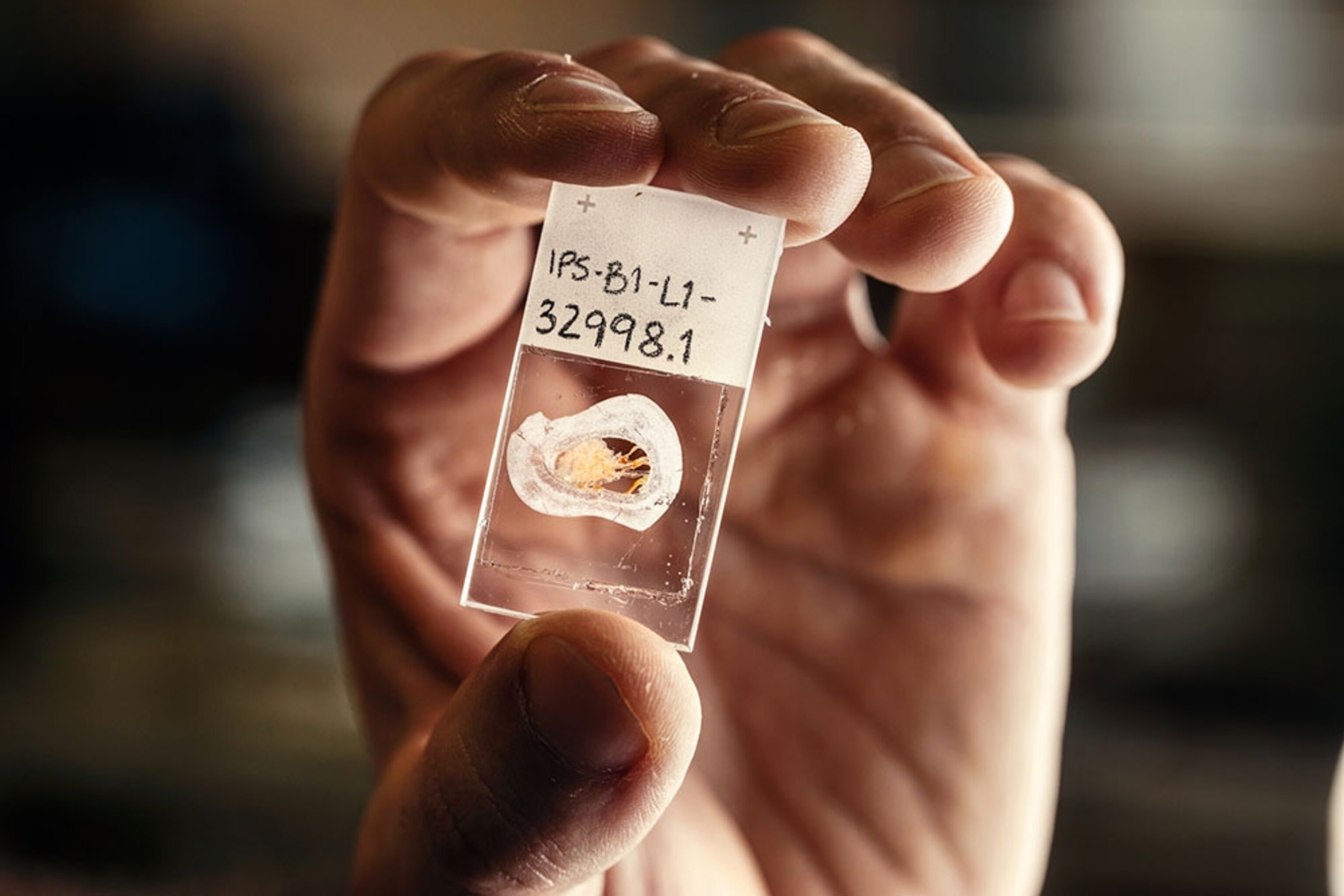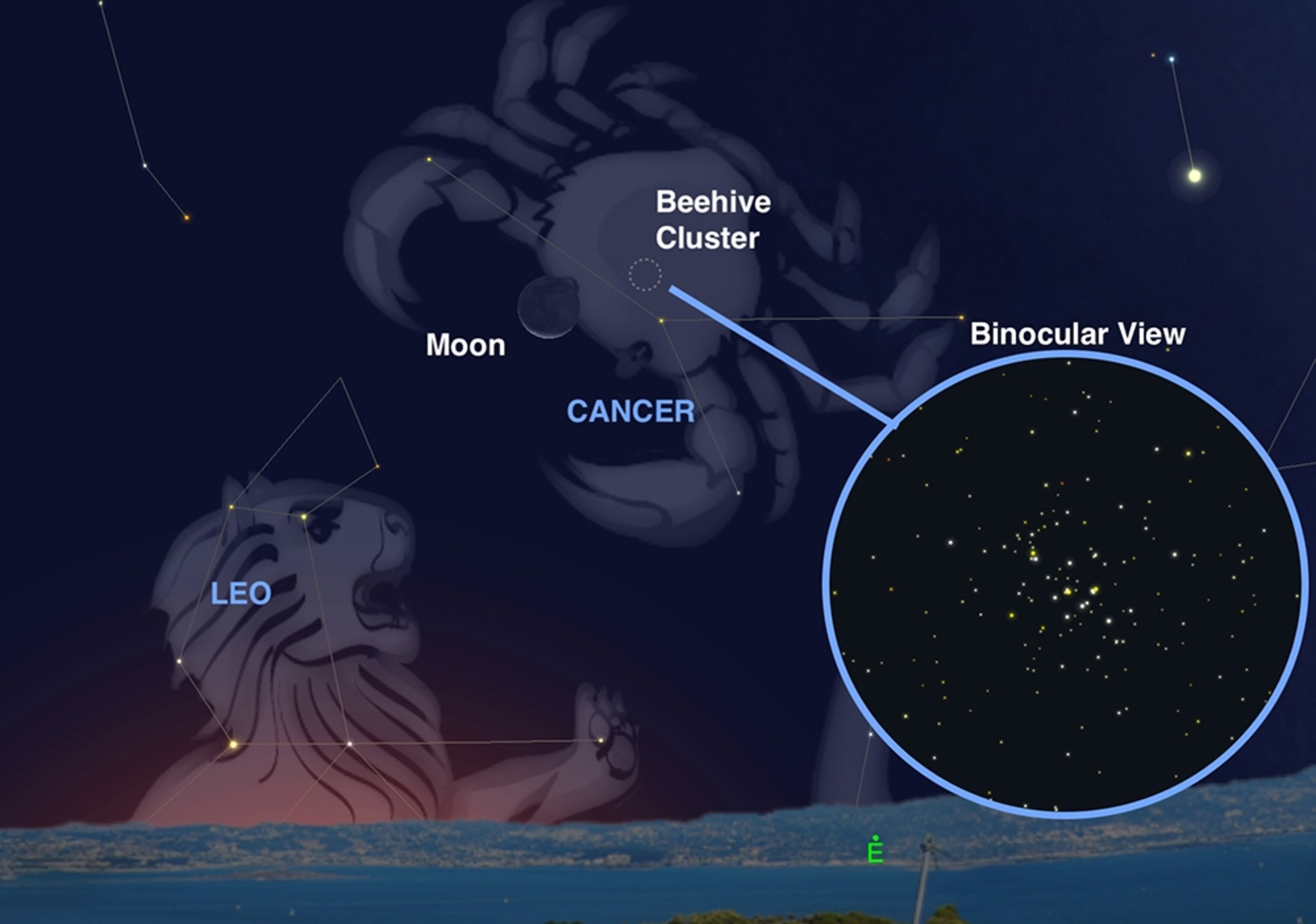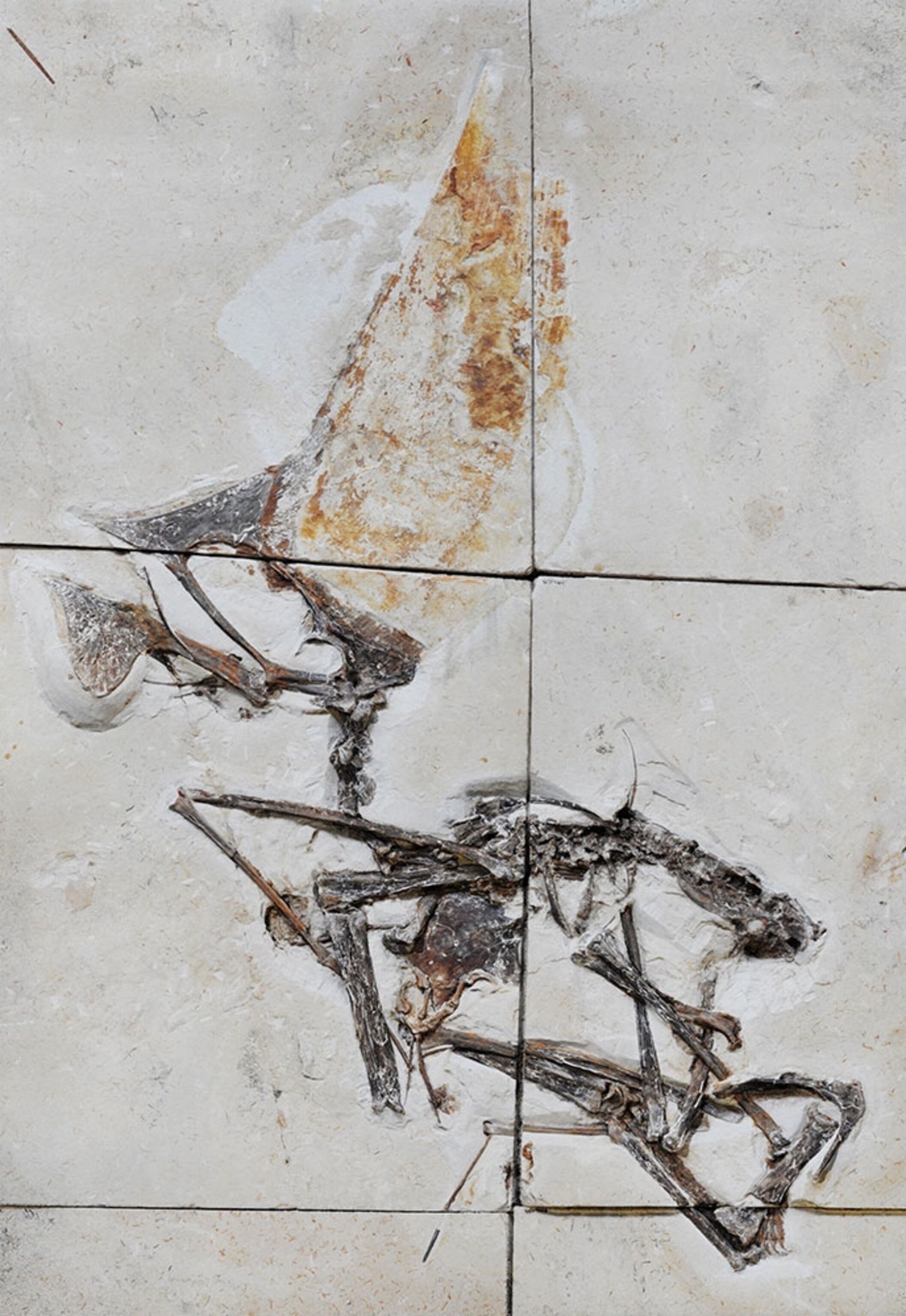
Move over, Pluto
In today’s newsletter, police nab a pterosaur; donating your booster shot abroad; pandemic cited for decline in births … and the dump revealing million-year-old fossils.
This article is an adaptation of our weekly Science newsletter that was originally sent out on September 1, 2021. Want this in your inbox? Sign up here.
By Victoria Jaggard, SCIENCE executive editor
As a firm believer in the power of words, I was fascinated by the arguments that erupted in August 2012 over the right way to talk about the Voyager 1 spacecraft. According to multiple headlines, that’s when the robotic explorer “left the solar system,” becoming the first human-made object to sail beyond the confines of our cosmic neighborhood.
Or did it?
When most people think of the solar system, they’re imagining the sun and the eight classic planets, with Neptune as the most distant world at roughly 2.8 billion miles. But that’s not really the solar system’s boundary. Technically Voyager 1 sailed beyond the heliopause, the border zone where charged matter streaming from the sun yields to interstellar space. That’s a whopping 11 billion miles away. And as several people pointed out, the sun’s gravitational influence extends even further. The comets that periodically whip around the sun are predicted to come from a place called the Oort cloud, a band of objects orbiting between 186 trillion and 930 trillion miles distant.
Clearly, the solar system is a big place, and we’re still filling in our maps of what lies in its farthest reaches. It’s no wonder, then, that some astronomers hold tight to the controversial idea that a whole unseen planet (illustrated above) might exist somewhere beyond Neptune and Pluto.
As Nadia Drake reports for us this week, astronomers at Caltech have revised their predictions for the mass and rough location of the enigmatic Planet Nine—and it may be closer and easier to spot than previously estimated. This proposed planet is thought to exist because of the weirdly clustered orbits of certain objects in Pluto’s distant neighborhood. We have not seen it yet, but based on the data, it’s possible something six times as massive as Earth lurks trillions of miles away and is tugging on those smaller icy bodies.
Astronomers have used similar kinds of gravitational clues to find hidden planets before; we know about Neptune thanks to astronomers in the 1800s who noticed odd wiggles in their calculated orbit for Uranus.
The flip side, though, is that chasing gravitational ghosts can sometimes lead to entirely unexpected results. Other 19th-century astronomers went chasing a “missing” planet between Mars and Jupiter only to discover the first known asteroids. And evidence for a hypothetical world between Mercury and the sun ended with the realization that we needed a whole new description for how gravity works.
As part of the pair that first proposed Planet Nine, Caltech’s Mike Brown is, in his words, super-optimistic that we’ll have an answer to this particular mystery very soon. And even if scientists don’t discover an extra planet out in the void, I remain optimistic that they will find something extraordinary just by bothering to look.
TODAY IN A MINUTE

Did climate change help power Hurricane Ida? Widespread power outages persisted Wednesday in the wake of Hurricane Ida, which left catastrophic damage across southeastern Louisiana, killing at least one person. Experts say the Category 4 hurricane is an example of what storms could look like on a warming planet, Nat Geo reports. (Above, residents clear their property in Bourg, Louisiana, on Monday.)
Researchers predict scientific loss in Afghanistan: Science blossomed in Afghanistan during the last two decades as international funding poured into the country and universities thrived. Now academics fear for their safety under Taliban rule, Nature reports. They also fear that money will dry up, scientists will be persecuted for international collaborations, and educated researchers will flee.
‘Underutilized’: Ideas from female and minority biomedical scientists are “less widely used,” according to new research that examines how new ideas spread among networks. This has important consequences, MarketWatch reports. Female scientists are more likely to conduct research that could yield patents in women’s health.
Birth rates fell in pandemic: Researchers looked at birth rates in 22 high-income countries, including the U.S., from 2016 through early 2021. They found that seven of these countries had statistically significant declines in birth rates in the final months of 2020 and the first months of 2021 compared with the same period in previous years. The trend is perhaps because of economic uncertainty caused by the pandemic, Scientific American reports.
Pathogen protection: Labs are supposed to have upgraded their efforts to stop dangerous pathogens from escaping their facilities. But even as fears of a lab-produced pandemic grew during the past four years, the National Institutes of Health and other U.S. officials weakened controls in federally funded labs, the Washington Post reports.
INSTAGRAM OF THE DAY
One man’s trash: It’s an expanding landfill. It’s a working fossil dig site. Paleontologists plumb the ground of Catalonia’s largest garbage dump before each expansion, before which they dig up deep underground treasure troves otherwise out of scientists’ reach. (Pictured above, biologist and lab tech Manuel Fernandez Mercado holds a slice of a deer tibia fossil found at the Can Mata site.) The Spanish landfill’s fossils date from 11.2 million to 12.5 million years ago, including species of ancient primates found nowhere else.
THE BIG TAKEAWAY
The difficult donation of COVID boosters: With only 1.4 percent of people in low-income countries able to get a vaccine dose, donating a booster shot to someone abroad seems fair, even noble, to some of the already vaccinated. But how to do it? “The donation process is stymied by complicated bureaucracy, concerns over legal disputes, and distribution issues within the countries receiving donated doses,” writes Jillian Kramer for Nat Geo. Experts suggest easier—and better—ways to make a difference. (Pictured above, workers unloading more than three million vaccine doses in Indonesia.)
THE NIGHT SKIES
Gemini in view: Early risers Friday will be greeted with an eye-catching lineup of the crescent moon and the twin stars of the Gemini constellation. Look to the east an hour before sunrise to see yellow-hued Pollux and bright white Castor. Before dawn on Saturday, the waning moon will slip into Cancer, the crab constellation. Grab your binoculars or telescope to see one of the most beautiful open star clusters, known as the Beehive (pictured above), near the moon. Located 580 light-years from Earth, the Beehive is buzzing with hundreds of young stars. Both Saturday and Sunday after sunset, you can gaze at superbright Venus, which will appear to be relatively close to the bright star Spica. — Andrew Fazekas
Quiz: How well do you know the zodiac constellations?
IN A FEW WORDS
If we want kids to care about wildlife and wild places, it's vital that they experience them for themselves.
Daniel Raven-Ellison, Founder of the National Park City movement
THE LAST GLIMPSE
Captured in a police raid: That’s right. A nearly human-size pterosaur from Brazil with a gargantuan head crest was among the ancient creatures seized from smugglers, Nat Geo reports. Entombed in limestone blocks, the fossil (pictured above) is the first nearly complete skeleton of this pterosaur species.
Today’s newsletter has been curated and edited by David Beard and Monica Williams, and Jen Tse has selected the photos. Have a link, an idea, Pluto nostalgia? We'd love to hear from you at david.beard@natgeo.com. Thanks for reading, and keep discovering.



